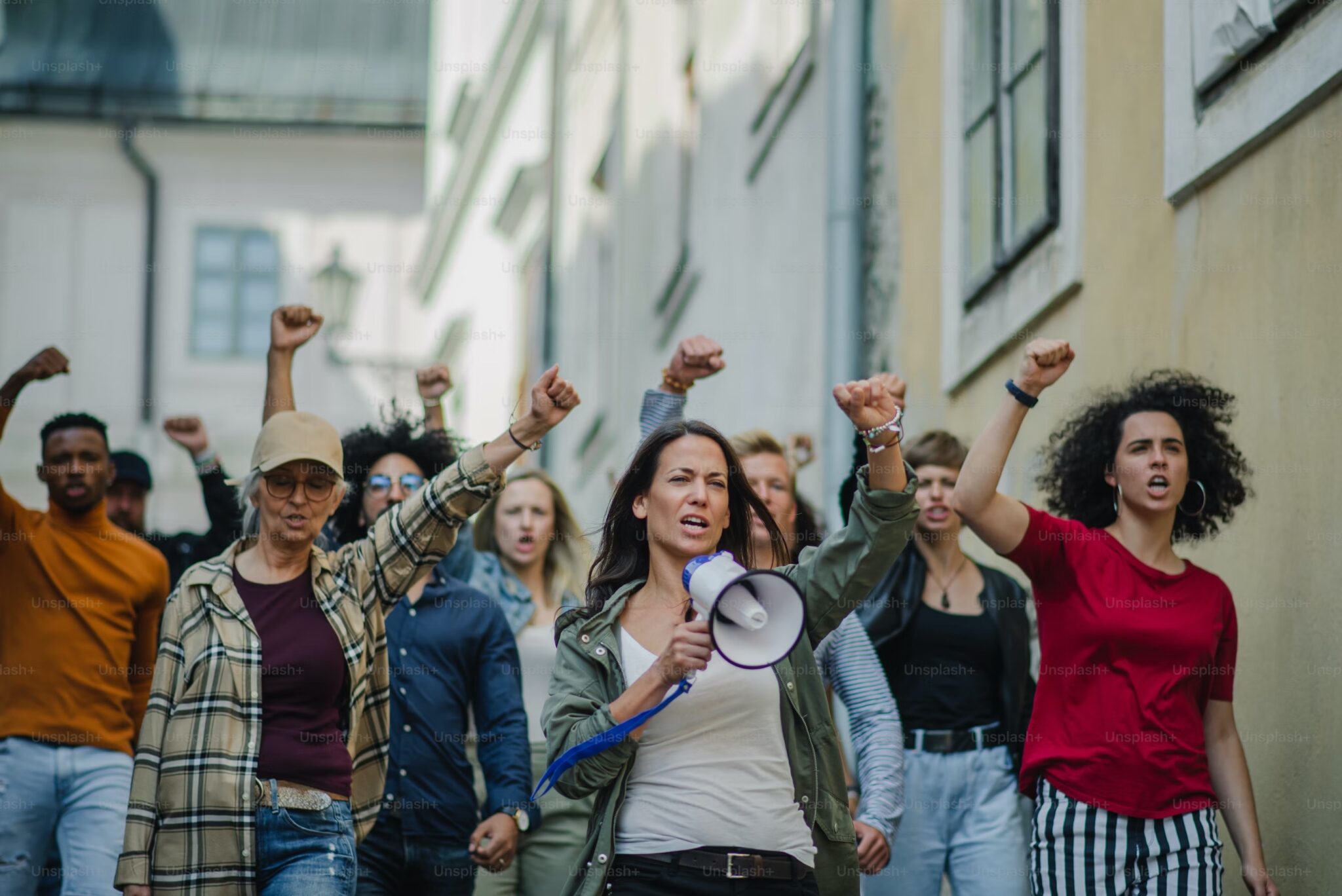Linh is a student at Harvard Law School.
Organized labor has always been an international project. Last month, 13,000 South Korean rail workers launched their first strike in four years, seeking improved pay and working conditions. The railway union also requested expanding public railroads to increase profitability and full implementation of a work schedule that allows for more break time. Yesterday in Iceland, the prime minister joined tens of thousands of other women on a nationwide walkout to call attention to the country’s remaining gender inequalities, including the gender pay gap, gender-based violence, and the disproportionate burden of unpaid home labor. The strike, known as “Kvennafri” or “Women’s Day Off,” drew demonstrations across the island, with tens of thousands joining in central Reykjavik.
A new national study, published today by the University of Illinois Chicago’s Center for Urban Economic Development, found that two-thirds of Amazon workers surveyed by researchers had taken unpaid time off to recover from work-related injuries and exhaustion. Beth Gutelius, director of the research center and an expert on logistics and warehouse work, said that the new data suggests “injury and pain at Amazon are far more widespread” than previously understood. 60% of surveyed workers also report experiencing more workplace monitoring at Amazon than at their previous jobs, further highlighting that this widespread health toll is not coincidental given Amazon’s designed processes, including extensive monitoring and systemic pressure for an ever more rapid work pace.
The Pulitzer-winning New York Times writer David Leonhardt wrote a new book on the downfall of the American dream, “Ours Was the Shining Future.” In this “biography” of American policies that have led to economic stagnation in the last 50 years, Leonhardt identifies political missteps that, he argues, have gradually transformed the American economy into an individualistic, market-centered one, widening inequalities and narrowing opportunities for growth. Leonhardt criticizes both the Republican and Democratic parties, charging the former with weakening federal regulation from the Reagan era and the latter with abandoning basic principles like labor unions and minimum wage.






Daily News & Commentary
Start your day with our roundup of the latest labor developments. See all
February 10
San Francisco teachers walk out; NLRB reverses course on SpaceX; NYC nurses secure tentative agreements.
February 9
FTC argues DEI is anticompetitive collusion, Supreme Court may decide scope of exception to forced arbitration, NJ pauses ABC test rule.
February 8
The Second Circuit rejects a constitutional challenge to the NLRB, pharmacy and lab technicians join a California healthcare strike, and the EEOC defends a single better-paid worker standard in Equal Pay Act suits.
February 6
The California Supreme Court rules on an arbitration agreement, Trump administration announces new rule on civil service protections, and states modify affirmative action requirements
February 5
Minnesota schools and teachers sue to limit ICE presence near schools; labor leaders call on Newsom to protect workers from AI; UAW and Volkswagen reach a tentative agreement.
February 4
Lawsuit challenges Trump Gold Card; insurance coverage of fertility services; moratorium on layoffs for federal workers extended